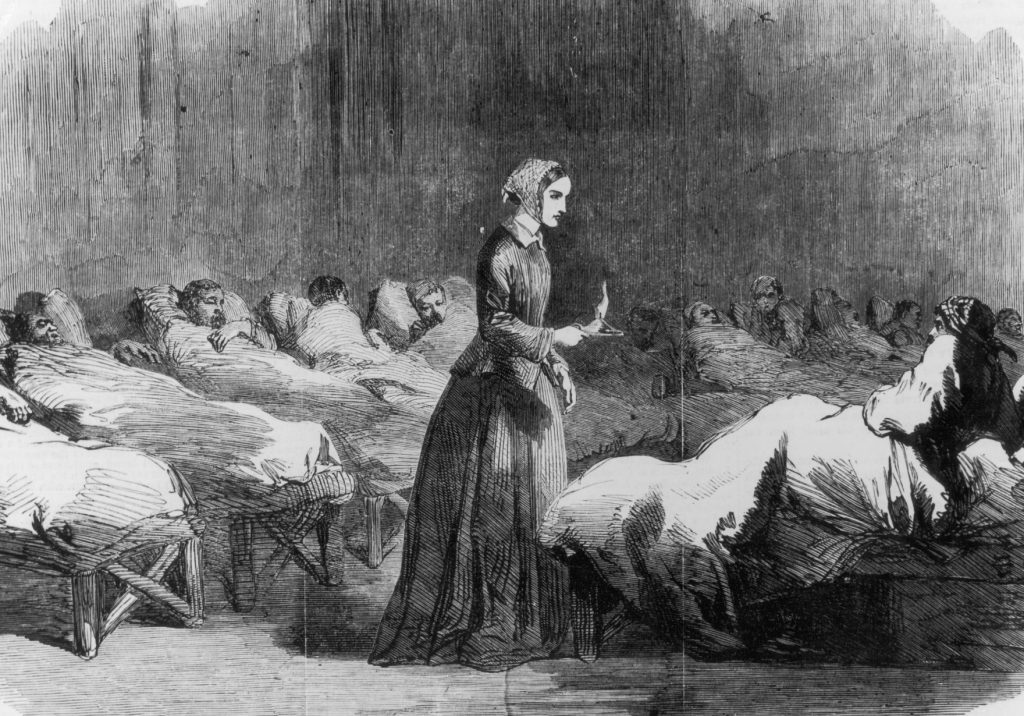
Spiritual Sunday
Many of us in today’s world are baffled by evangelical support for Donald Trump, even when his administration is guilty of inhumane practices against refugees. Abraham Verghese’s wonderful novel Cutting for Stone has an episode that shows how basic humanity can restore a true Christian perspective and has me wondering if such a perspective could shift Trump evangelicals out of their ideological trance.
The scene occurs when, amidst a catastrophe at a mission hospital in Addis Ababa, a board member from a Texas Baptist church funding the hospital unexpectedly shows up. His timing could not be worse, but “Matron,” the Carmelite nun in charge of the hospital, tells him how they spend his money. Previously, she has not be truthful:
If Harris wanted an accounting of money, she had nothing to show him. Matron submitted progress reports under duress, and since what donors wanted to spend on had no link to the reality of Missing’s needs, her reports were a form of fiction. She’d always known a day like this would come.
As she converses with Harris, she finds herself defending the religious views of a hospital staff member:
“But, Matron, the priesthood here is almost illiterate—Gebrew, your watchman, doesn’t understand the litany that he recites because it is in Geez, which no one speaks. If he holds to the Monophysite doctrine that Christ had only a divine nature, not a human one, then—”
“Stop! Mr. Harris, do stop,” Matron said, covering her ears. “Oh, how you vex me.” She came around the table, and harris drew back as if he worried that she might box his ears. But Matron walked to the window.
“When you look around Addis and see children barefoot and shivering in the rain, when you see the lepers begging for their next morsel, does any of that Monophysitic nonsense matter the least bit?”
Matron leaned her head on the windowpane.
“God will judge us, Mr. Harris, by…what we did to relieve the suffering of our fellow human beings. I don’t think God cares what doctrine we embrace.”
The sight of that plain, weathered face pressed against the glass, the wet cheeks, the interlocking fingers…it was for Harris more powerful than anything she had said. Here was a woman who could give up the restrictions of her order when it stood in the way. From her lips had come the kind of fundamental truth which, because of its simplicity, was unspoken in a church like Harris’s where internecine squabbling seemed to be the purpose for the committee’s existence, as well as a manifestation of faith. It was a small blessing that an ocean separated the doers like matron from their patrons, because if they rubbed shoulders, they’d make each other very uncomfortable.”
Later in the chapter Matron takes Harris for a tour of the hospital, showing him the desperate conditions of the patients. The chapter ends with the following interchange:
When they emerged from the war, Matron stopped to catch her breath. “Do you know that at this moment we have funds for three days, that’s all? Some nights I go to sleep with no idea of how we can open in the morning.”
“What will you do?” Harris asked, but then he realized he knew the answer.Matron smiles, her eyes almost disappearing as her cheeks pushed up, giving her a childlike quality. “That’s right, Mr. Harris. I pray. Then I take it out of the building fund or whatever fund has money. The Lord knows my predicament, or so I tell myself. He must approve the transfer. What we are fighting isn’t godlessness—this is the most godly country on earth. We aren’t even fighting disease. It’s poverty. Money for food, medicines…that helps. When we cannot cure or save a life, our patients can at least feel cared for. It should be a basic human right.”
Harris’s anxiety about the steering committee had all but gone.“I’ll confess, Mr. Harris, that as I get older, my prayers aren’t about forgiveness. My prayers are for money to do His work.” She reached out for his hand and held it in both of hers patting it. “Do you know, dear man, that in my darkest moments, you have so often been the answer to my prayer?”
Matron felt she had said enough. It was a gamble. She had nothing to put on the table but the truth.
Imagine how religion would flourish if it were grounded in such caring.

